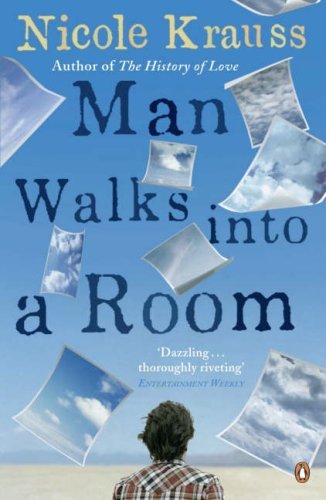What do you think?
Rate this book


248 pages, Paperback
First published January 1, 2002
“despite the beauty of Anna, the charming photographs, the loveliness of his apartment full of the souvenirs of a life well lived, Samson could dredge up no feeling for his own life but that of vague admiration.”
“He thought: You come, you find a life ready-made, you just have to slip it on.”
“he hadn’t lost his mind. To the contrary, he’d lost everything but. His memory, his wife, his job, his friends, twenty-four years of his life—but not his mind.”
Once there was a woman he loved. That was how it had begun. But from there the story might have unfolded any number of ways. Only the end was always the same: he had emptied himself of the ballast of memory and lunged weightless into the future. Alone and astonished, attempting to take with him not even a trace. In the end he had betrayed the woman he loved, and who was there who would not judge him for that?